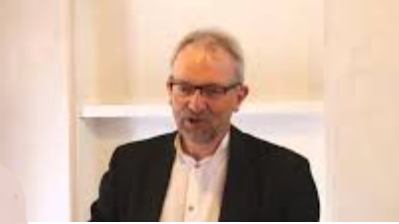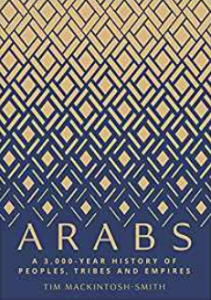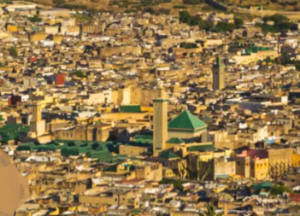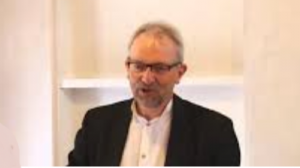
3000 years of Arab history



Arab is generally applied to over 400m people living in the belt of territories spanning from Morocco to the Gulf. But for most of history its use was limited to nomadic groups who lived beyond the reach of settled society, and people regarded by civilised peoples such as Greeks or Chinese – as barbarians.
What followed the death of the prophet Muhammad in 632AD, the language of camel nomads who lived in the Arabian peninsula was becoming dominant in Western Asia and north Africa. Before the coming of the Islam this was largely an oral culture with the Arabic language and idiom replacing more ancient tongues as peoples became Arabised.
Afterwards Islam brought people to Mecca, an “emporium of wares and words whose people prided in themselves in using what was best in Arab speech, and where , in the qu’ran that speech would reach its highest plateau, level with heaven”.
The Arab history according to Mackintosh-Smith in all its slippery diversity is primarily about the formidable power of Arabic – one of the Semitic family of languages that evolved on the tongues of tribal soothsayers and poets.
Mackintosh-Smith does not neglect the military momentum that drove that great Tsunami, he mentions the combinations unique to the Arabs, of two vital mounts, the camel and the horse, “ Add the camel to the horse, and you have the perfect double act. You plod to battle on your camel which also carries yours horses fodder and water and then rush headlong into the fray on you steed. The camel is the spear shaft that gives you the reach but the horse is the spearhead.”
It was the Arab language above all that forged the Arabs into the “ super tribe” creating one of the most far reaching empires in world history after the Korean itself seen as the language of God the adoption of Arabic as the language or bureaucracy under Umayyad Caliph Abd al0 Malik (reigned form 65-705 AD) who ruled of Damascus was vital to this process, leading to the “astonishing” longevity of the Arabic world and its word. No other comparable diasporic groups – Scythians, Turks , Mongols have has such a strong and long-lasting sociolinguistic glue.”
Arabs: A 3, 000-Year History of Peoples, Tribes and Empires by Tim Mackintosh Smith, Yale £25/$35, 656 pages.
